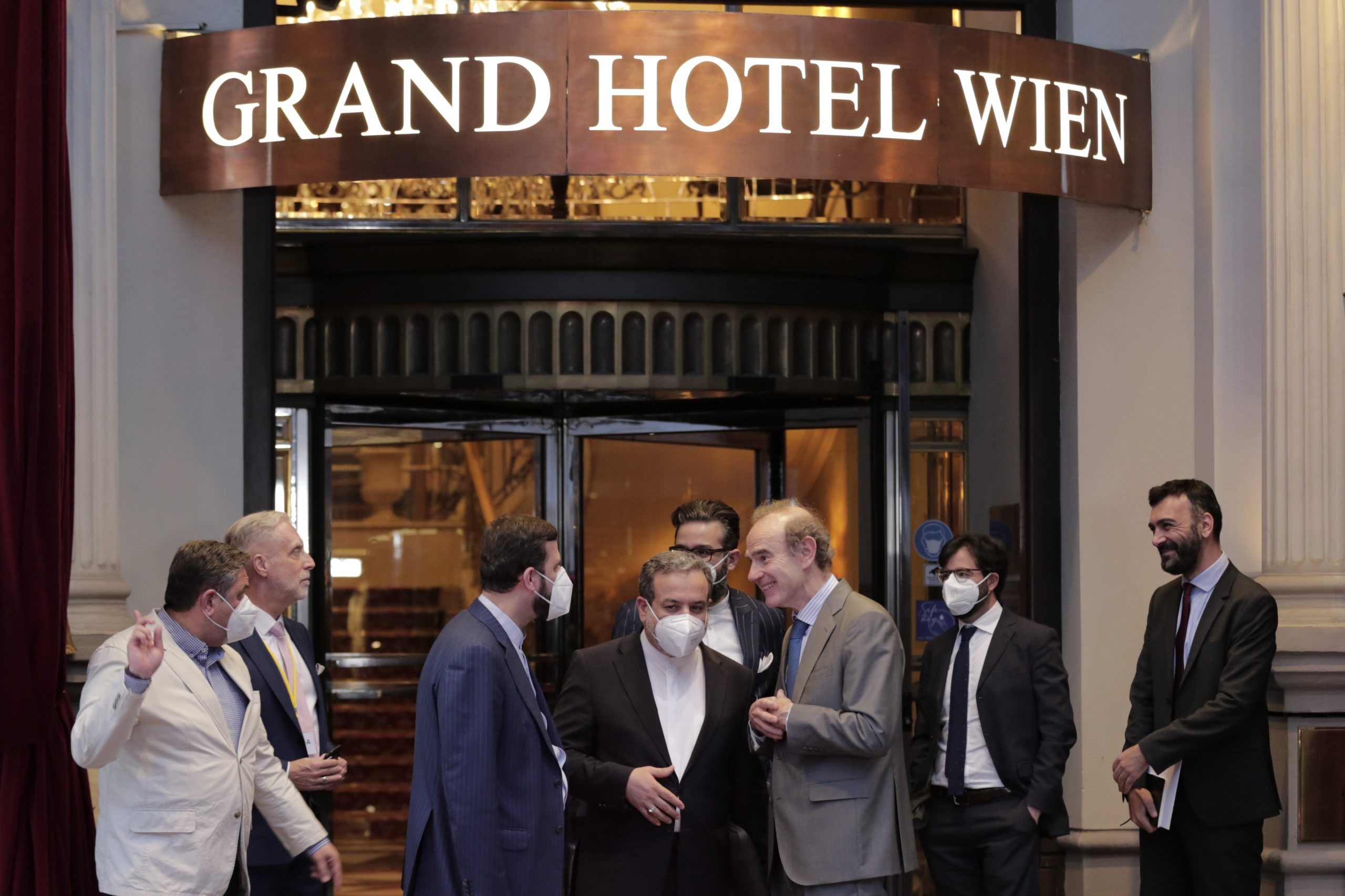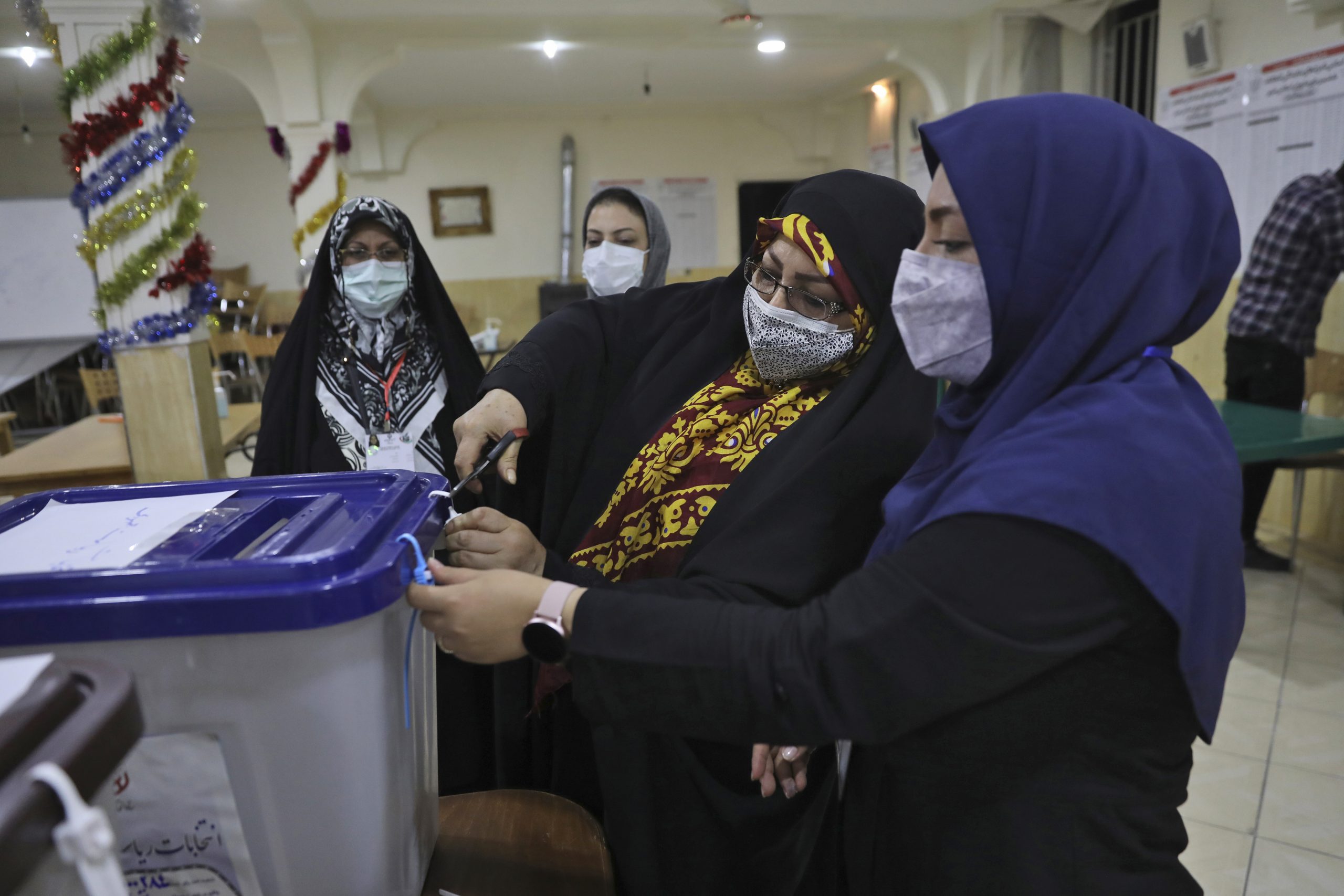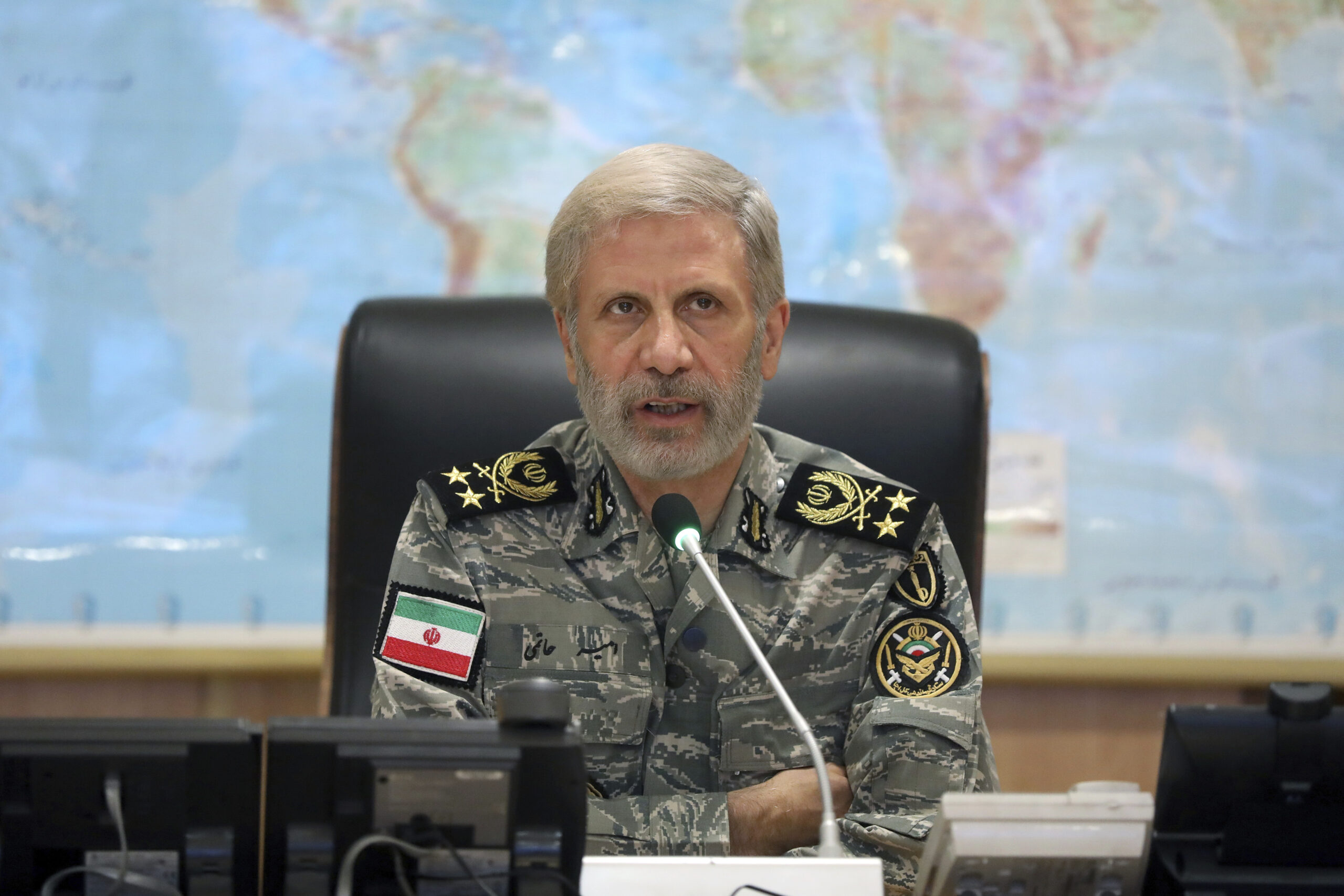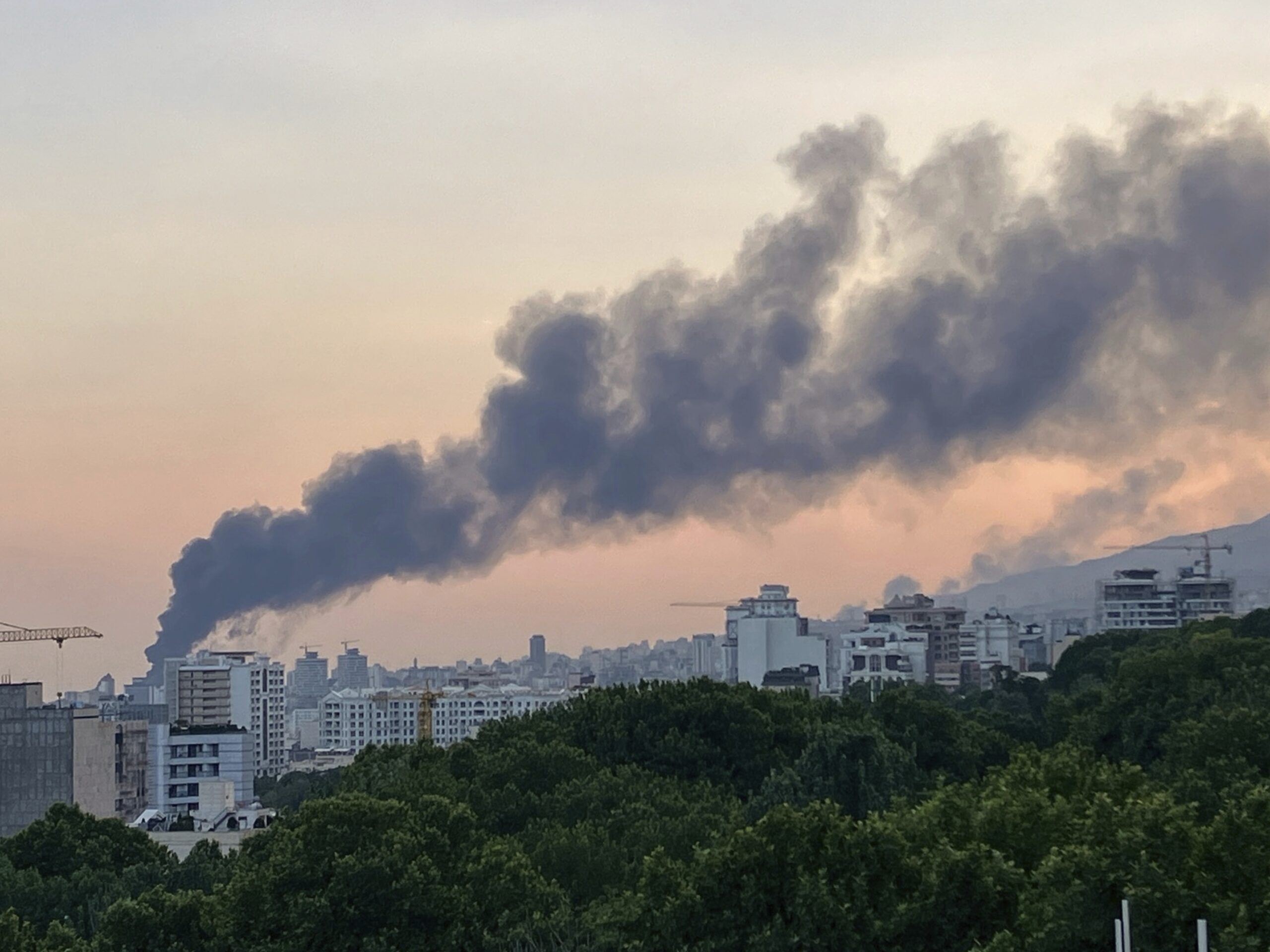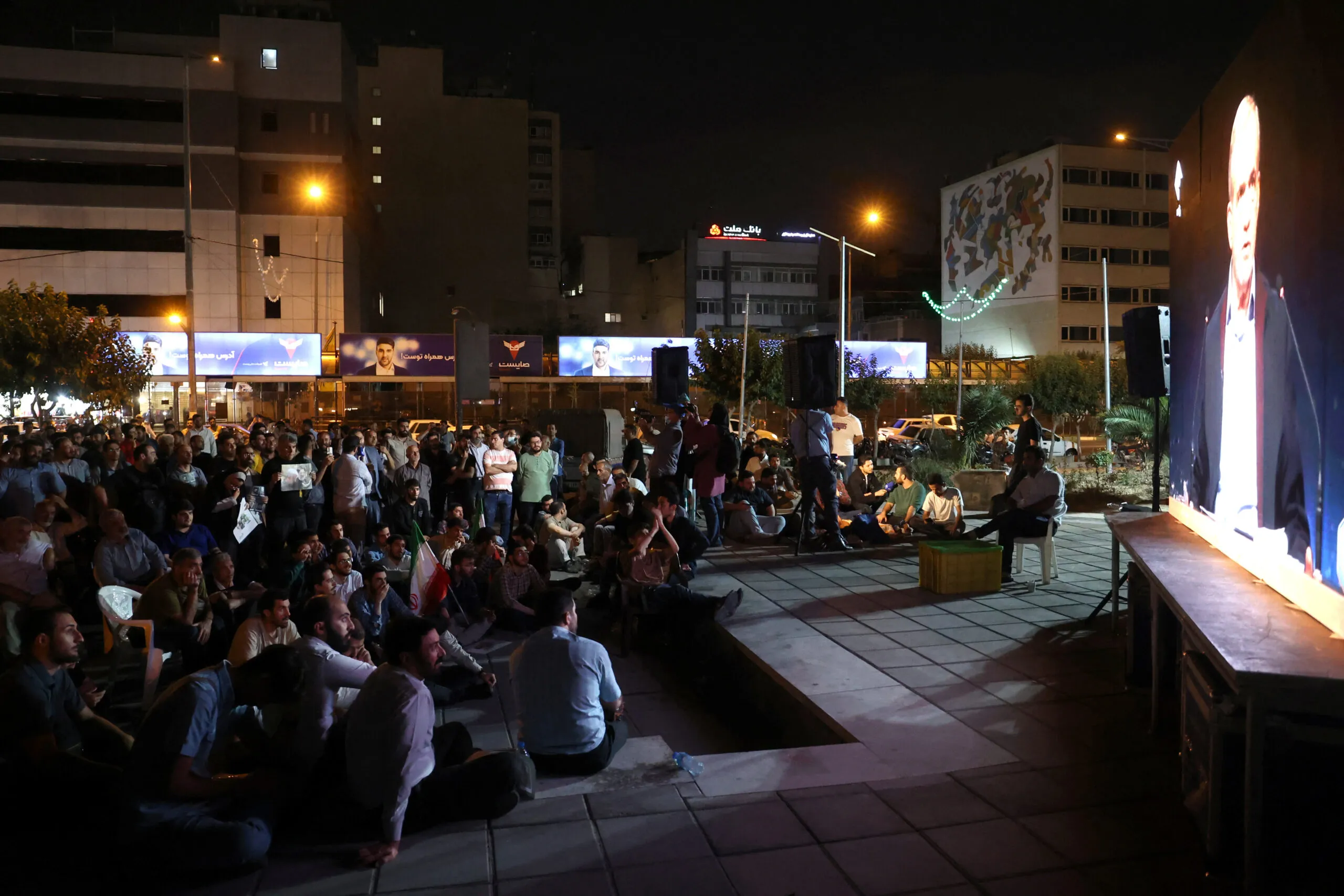Aug 10, 2021
Iran’s Strategic Lessons Learned
What factors explain the transformation in Tehran’s strategic thinking and behavior, and what will be the trajectory under the new president?
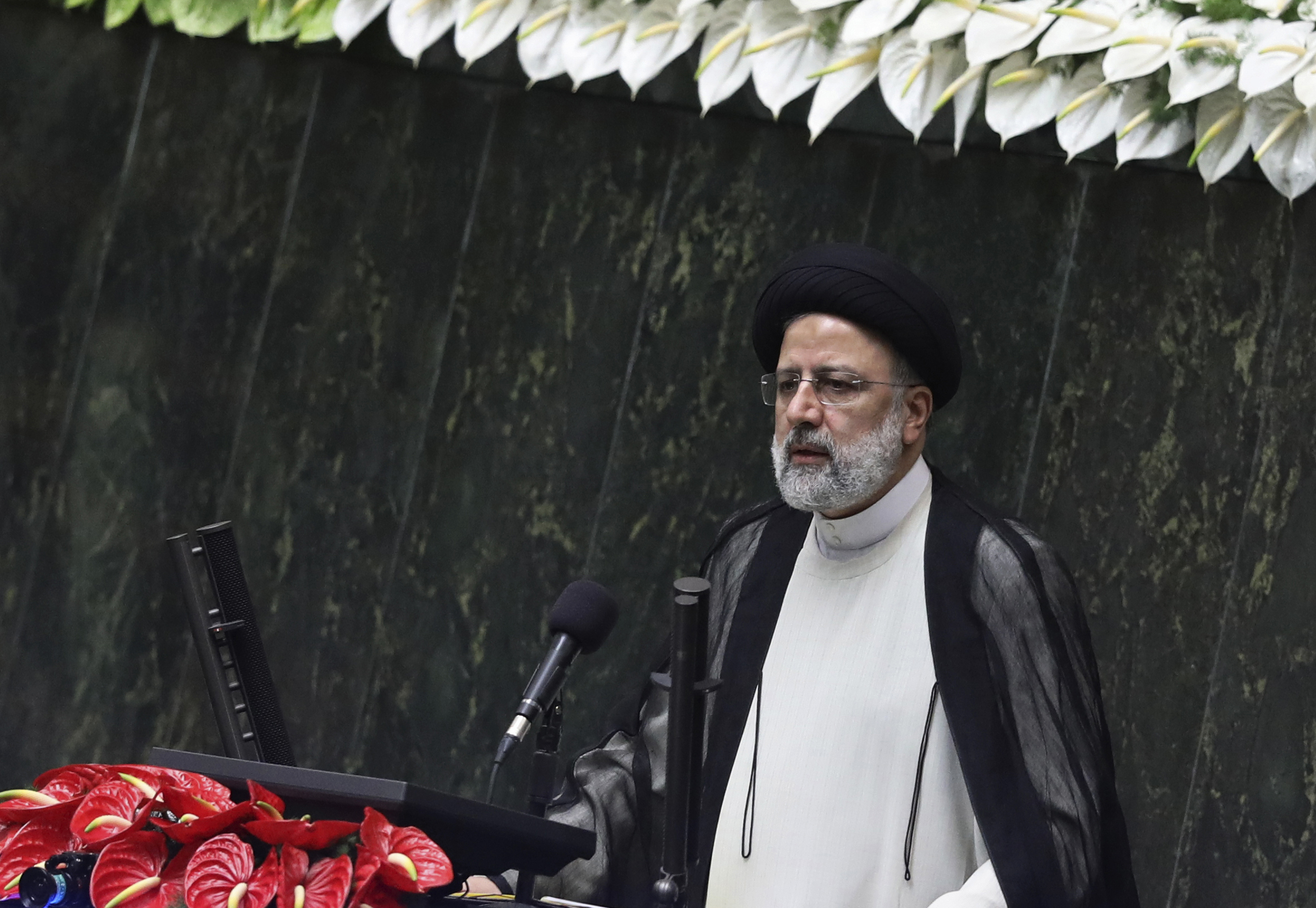
The meteoric rise of Iranian President Ebrahim Raisi in the political firmament of the Islamic Republic has led to some speculation about impending transformation in Tehran’s strategic thinking and behavior. The transformation, however, has been in the making for some time. Other than expected, yet restrained, retaliatory attacks against shipping linked to Israel, there have been a number of attacks attributed to Tehran that mark a shift in Iranian behavior: sabotaging shipping in the Gulf of Oman in May 2019; the September 2019 attacks against Saudi oil processing facilities; and the attempt in August to hijack the MV Asphalt Princess. What factors explain the transformation in Tehran’s strategic thinking and behavior, and what will be the trajectory under the new president?
A more confrontational behavior may well be the trajectory, largely due to four strategic lessons learned by officials in Tehran: 1) Proxy wars secured Iran military victories in Syria and Yemen; 2) the administration of President Donald J. Trump withdrew from the Joint Comprehensive Plan of Action nuclear deal, but Iran persevered under the “maximum pressure” campaign; 3) there were no military responses to the attacks against Saudi Arabia and the United Arab Emirates; and 4) the coronavirus pandemic appears to have increased, rather than decreased, state control over society in Iran.
Few factors shape strategic thinking and behavior of states as victory in wars. Iran’s military intervention in the Syrian civil war since 2011, and widespread use of proxy forces, in particular Lebanese Hezbollah fighters, secured survival of the allied regime of President Bashar al-Assad. In the Yemeni civil war, Tehran’s Houthi allies have managed to deny military and political victory to Saudi Arabia and the UAE, Iran’s regional rivals, in their intervention since 2015. The first strategic lesson learned for Islamic Republic strategists is unequivocal: Warfare by proxy is highly effective.
Diplomacy, on the other hand, has its limits, as Tehran discovered. Despite Jim Mattis, then secretary of defense, and high-ranking military and intelligence officials attesting to Iranian compliance, President Donald J. Trump withdrew from the Iran nuclear deal in May 2018. The Trump administration further engaged in economic warfare against Iran, with the expressed goal of changing the Islamic Republic’s behavior, if not to change the regime itself. Tehran indeed changed its behavior, but for the worse from the U.S. perspective, and successfully stimulated non-oil exports to compensate for the loss of oil revenue. The Iranian public suffered immensely, but the regime survived the Trump presidency, thereby learning its second strategic lesson: Perseverance equals survival.
Apropos bad behavior, Tehran turned against the two Arab states most vocal in their support for the U.S. withdrawal from the nuclear deal – the UAE and Saudi Arabia. The experiment was only partially successful: Suspected Iranian attacks against the two countries failed to leave a lasting impact on oil prices, and Washington did not cease its economic warfare against Iran. However, Tehran empirically proved Washington would not entangle itself in a war with Iran for the sake of its Arab allies. Trump, commenting on the attacks against Saudi oil infrastructure, spelled this out on September 16, 2019: “That was an attack on Saudi Arabia, and that wasn’t an attack on us.” The UAE and Saudi Arabia have since engaged in an effort to repair relations with Tehran. In doing so, the Islamic Republic learned its third lesson: There is no appetite for war in Washington, and intimidation works.
The coronavirus pandemic may not have taught the Islamic Republic a new strategic lesson but confirmed the timeless wisdom of realism: The Islamic Republic experienced anti-regime protests, but impoverished, malnourished, sick, or fearing disease, the Iranian public at no point threatened the regime’s survival. On the contrary, the government’s selective distribution of scarce resources, such as bread and vaccines, along with effective suppression of protests, kept the regime afloat. This was the fourth strategic lesson or reminder.
These strategic lessons guide the Islamic Republic’s behavior, which is likely to follow a more confrontational trajectory: Absent an existential threat against the regime, the Islamic Republic is not likely to accommodate Washington’s additional demands as preconditions for the United States recommitting itself to the Iran nuclear deal. After all, why give further concessions without any guarantee that the next U.S. president will honor President Joseph R. Biden Jr.’s commitments? Just as important, why give further concessions if the Biden administration is politically incapable of removing the sanctions infrastructure, which deny Iran a peace dividend?
Tehran will continue negotiating with Washington, but Iran is already shaping the psychological atmosphere in the room by further attacks against Arab allies of the United States, hoping Riyadh and Abu Dhabi will use their influence in Washington to ease sanctions against Iran or stop enforcing the existing sanctions regime.
The Islamic Republic is also likely to further invest in the tools that secured its victories in recent years: the Quds Force of the Islamic Revolutionary Guard Corps and Iranian proxies willing to fight Iran’s wars; cruise and ballistic missiles along with drones; further diversification of Iran’s economy to achieve greater independence from oil; and greater focus on the IRGC and Basij militia to suppress protesters at home.
None of this bodes well for the United States or its Arab allies, who must brace themselves for an overconfident and confrontational Iran.
The views represented herein are the author's or speaker's own and do not necessarily reflect the views of AGSI, its staff, or its board of directors.


